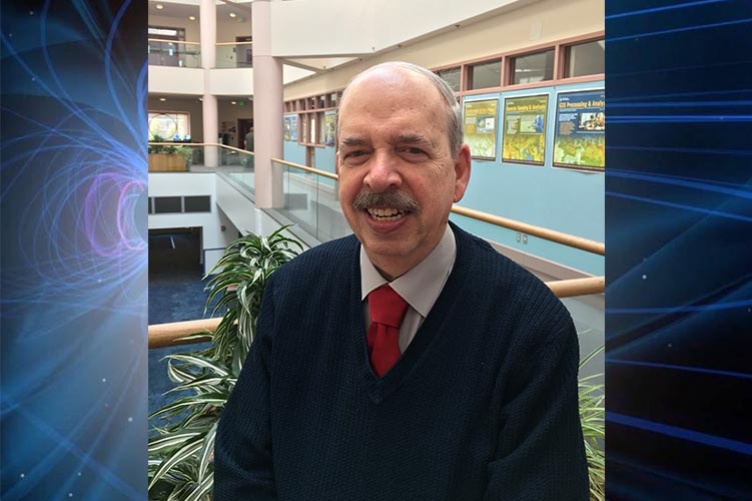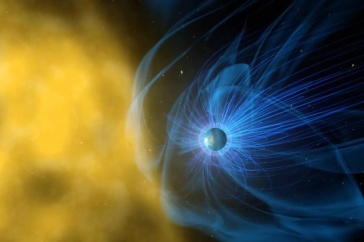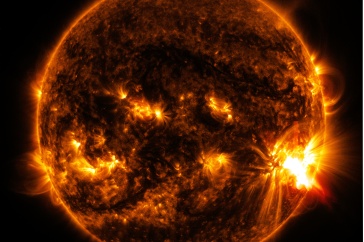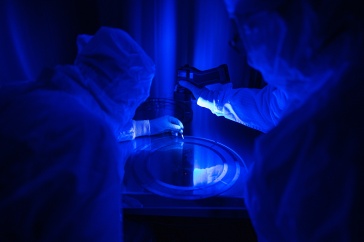
Terry Forbes, UNH professor emeritus of physics, has been selected as a Legacy Fellow of the American Astronomical Society (AAS).
The AAS Fellows Program, established in 2019, recognizes achievement and extraordinary service to the field of astronomy. Forbes is part of the program’s one-time Legacy Fellows class, which includes more than 200 individuals honored for their outstanding research, teaching, mentoring, and service that helps to enhance the scientific understanding of the universe.
"What a great and fitting honor for Terry to be recognized as a Legacy Fellow of the AAS,” says Harlan Spence, director for the UNH Institute for the Study of Earth, Oceans, and Space. “His extraordinary achievements in astronomy rightly place Terry in that rare firmament of only the best and brightest superstars of his discipline.”
Forbes has been a member of the UNH Space Science Center since 1984, where his research has focused on solar physics with an emphasis on developing a theory to explain coronal mass ejections. He is also an expert in the theory of magnetic reconnection — particularly in relation to solar dynamics — and co-wrote a book on the topic.
“Terry has been an important and energetic member of the solar-terrestrial theory group, a great colleague, and a great mentor for graduate students,” adds Lynn Kistler, director for the UNH Space Science Center.
Forbes was previously honored with the 2009 UNH Excellence in Research Award and the AAS George Ellery Hale Prize in 2016.
"I am grateful to my colleagues in the American Astronomical Society who have honored me with this award,” Forbes says. “I consider myself very fortunate just to have had a career in astronomy. To also receive recognition for some of the research that I have done over the years greatly exceeds my expectations."
The Institute for the Study of Earth, Oceans, and Space (EOS) is UNH’s largest research enterprise, comprising six centers with a focus on interdisciplinary, high-impact research on Earth and climate systems, space science, the marine environment, seafloor mapping, and environmental acoustics. With more than $43 million in external funding secured annually, EOS fosters an intellectual and scientific environment that advances visionary scholarship and leadership in world-class research and graduate education.
-
Written By:
Rebecca Irelan | Institute for the Study of Earth, Oceans, and Space | rebecca.irelan@unh.edu | 603-862-0990



















































